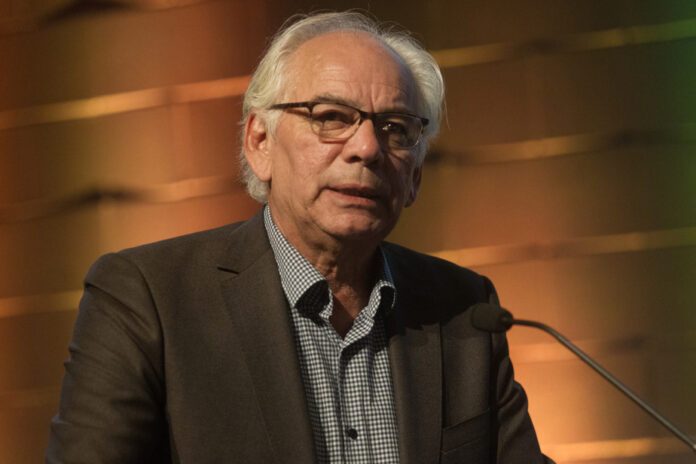(Quebec) Faced with the “casualness” of the Legault government, the Assembly of First Nations of Quebec-Labrador (AFNQL) challenges Bill 96 on the protection of French before the courts. The Caquiste law “undermines the ancestral rights” of the First Nations, according to her.
The AFNQL and the First Nations Education Council (FNEC) will file an application for judicial review on Thursday to challenge the Official and Common Language of Quebec Act, also known as Bill 96, before the Superior Court of Quebec. According to the First Nations, this new version of Bill 101 violates their “aboriginal rights” in terms of education.
“If there is no listening at the political level […] well we are forced as a last resort to go to court. This is the gesture we are making after careful consideration,” said AFNQL Chief Ghislain Picard in an interview. “We understand that it’s big, but at the same time, it’s not bigger than the importance we attach to the issue of educational success for our young people,” he added.
The request for control concerns a dozen articles of the new CAQ law. According to the Indigenous leaders, the provisions in question “reinforce, unjustifiably perpetuate and accentuate already existing disparities in education, in addition to hindering efforts to reclaim” languages.
The main point in dispute is that Bill 96 requires students in English-speaking CEGEPs to take three courses taught in French during their college studies. Those who do not have the ability to do so can instead take three French courses. This adds a “barrier” for Indigenous students from communities where English is spoken.
“It just makes the wall much higher than it already was with Bill 101 [for Indigenous students] who study in English,” illustrates Gesgapegiag chief John Martin. He says French lessons, even in high school, are already difficult for students in his community, who speak English and their traditional language.
The AFNQL specifies that it does not question the importance of defending French, but explains that “the right to self-determination and self-government in education is the prerogative of First Nations and not that of the provincial government. “.
The First Nations had first asked to be exempted from the law on the protection of the French language. The Executive Director of the First Nations Education Council, Denis Gros-Louis, said at the time that he viewed the legislation as “cultural genocide”.
The Legault government had quickly closed the door at the request of the First Nations. Since then, the Prime Minister has promised in the middle of the election campaign a bill to protect Indigenous languages ”in the same way that we protect French with Bill 101″.
This legal challenge is a new bone of contention between the AFNQL and the Legault government. In mid-March, La Presse reported that Chief Picard was asking François Legault to back down on his commitments to introduce a bill on Indigenous languages and another on cultural safety. The latter must be presented shortly by the Minister responsible for First Nations and Inuit, Ian Lafrenière.












